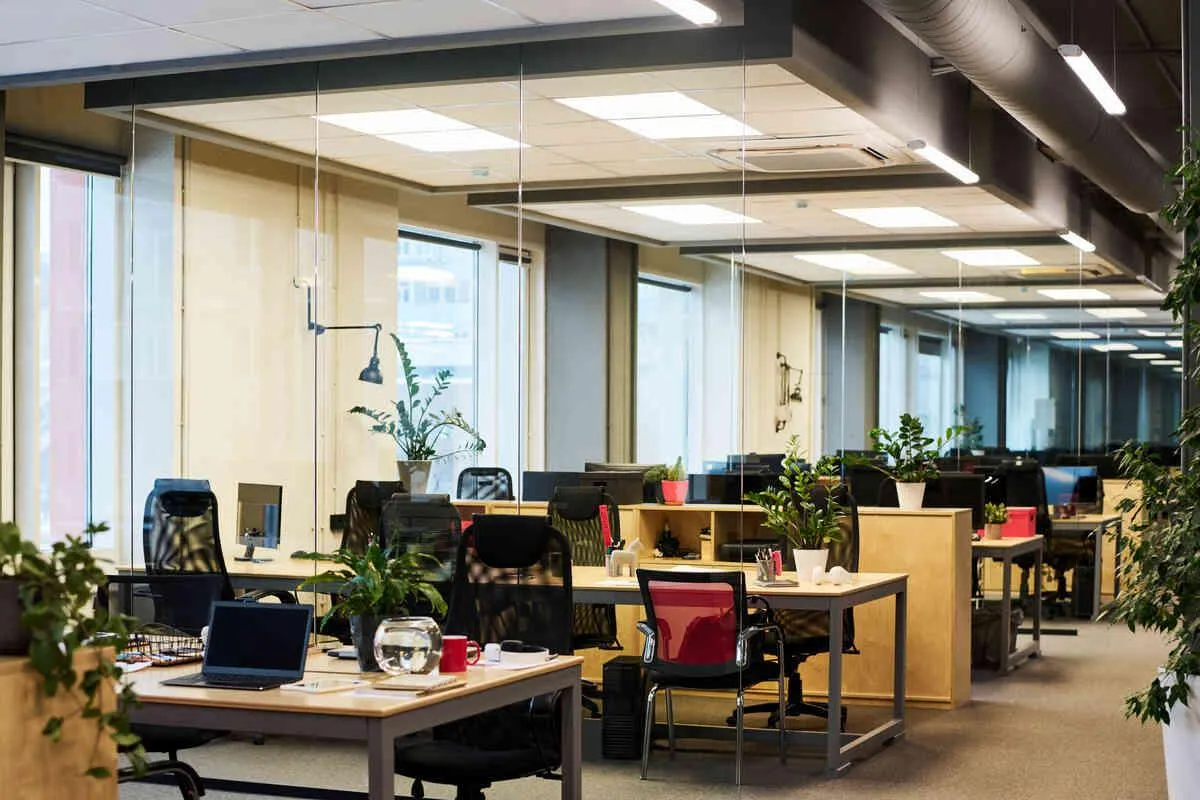6 Ways to Transform Your Business with Smart Lighting Systems
Transform your business space with lighting control systems. Explore commercial lighting control and smart lighting for business to elevate every commercial lighting experience.

Transform your business space with lighting control systems. Explore commercial lighting control and smart lighting for business to elevate every commercial lighting experience.

Discover acoustic treatment solutions for reducing commercial echoes. Explore commercial acoustic treatment and luxury commercial acoustics design for refined, high-performance spaces.

Holograms once lived exclusively in the realm of science fiction icons of futuristic dreams and cinematic wonder.

Discover how Bridge by Sphere turns rehabilitation into an engaging, motivating experience with interactive projection. Learn how this technology helps patients participate fully while supporting better outcomes across therapy settings.

Discover the top 5 challenges faced in memory care programs and how interactive projection offers dignified, tech-enabled solutions that enhance connection, calm, and quality of life for residents.

Learn how motion-activated projection systems help educators support IEP goals, improve engagement, and create inclusive sensory spaces.

Sphere Audio Video | © 2025. All Rights Reserved
Site By Trustway Marketing
Powered by Kyrios Systems